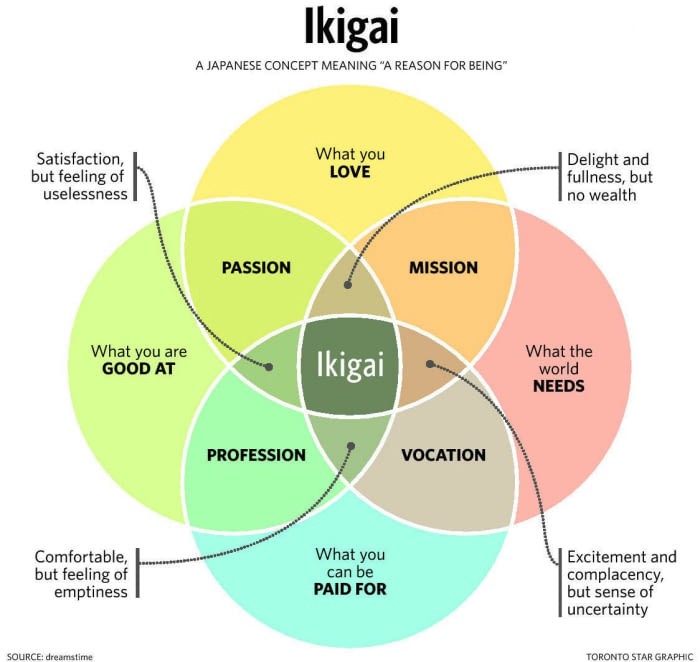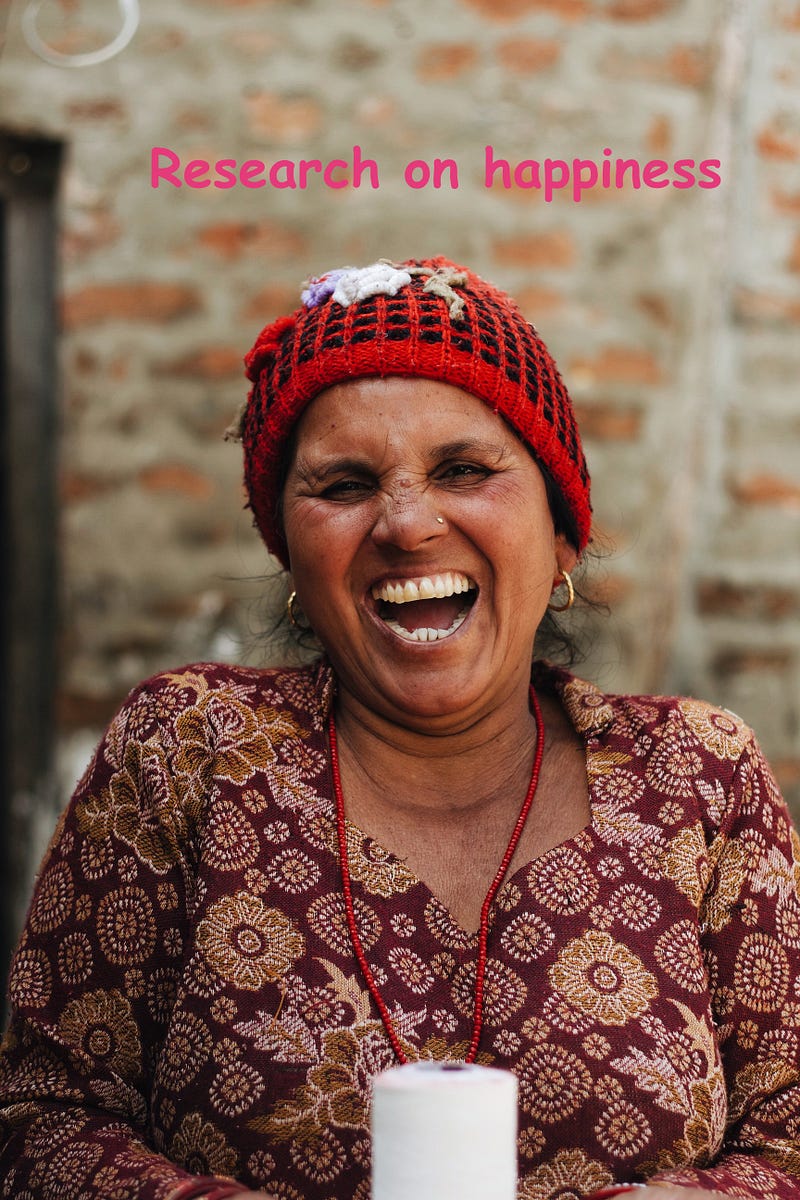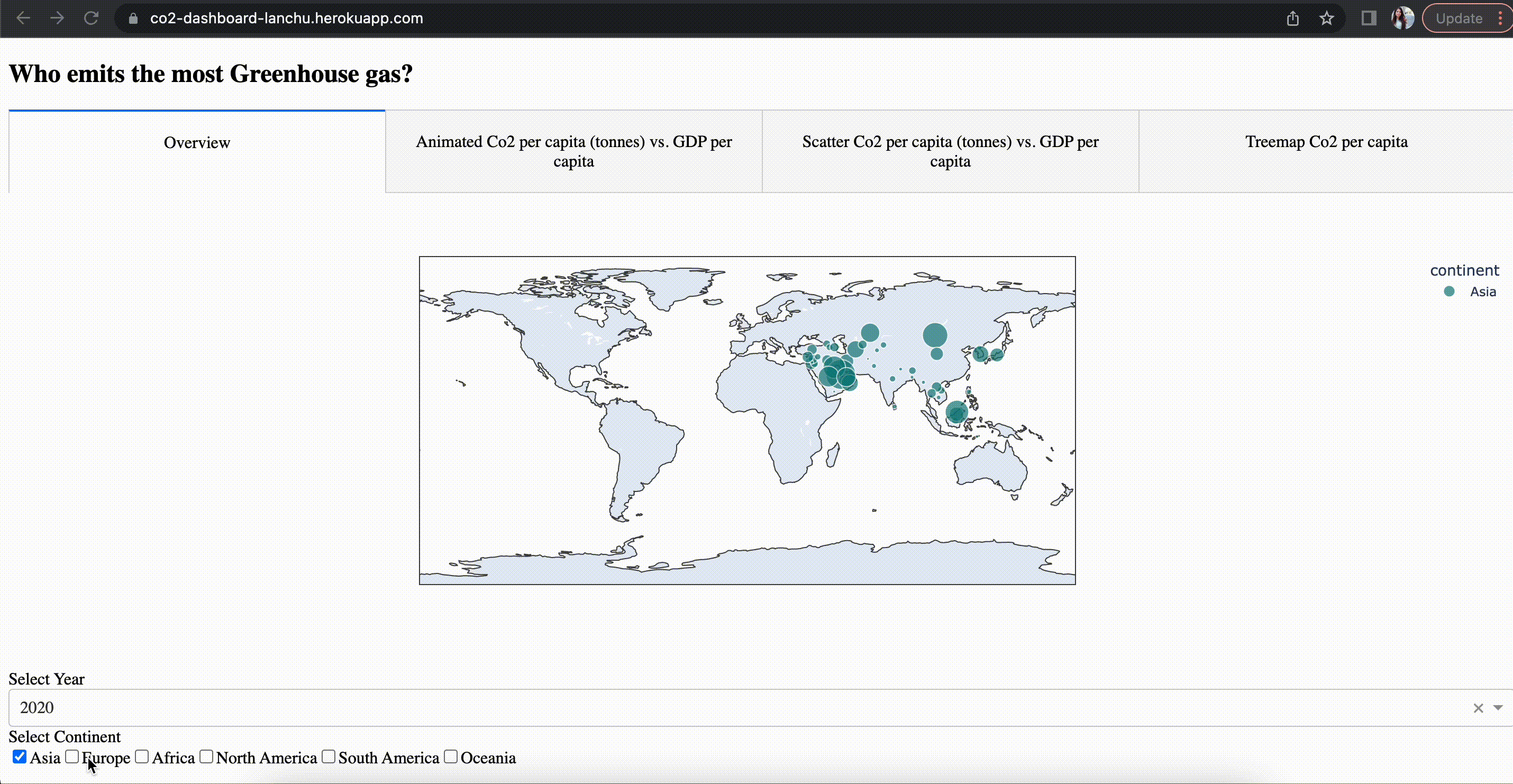
I often question why Shutter Island ended up with Ted asking Chuck: “what would be worse: to live as a monster or to die as a good man” and failed to have the third alternative, that of improving the way things are….
As I grow further into my adulthood, I think so much about the meaning of life. We all need a reason to wake up every morning. “We all need a reason to keep going, said the horse”. But what is really that reason? Even if there is such a reason, is it enough justify living? Many people, at some points in time, become a patient in their lives. It is a good word. Patient. Which means who suffers. Those who suffer from their existential angst.
The question of meaning
Let us start with the attempt to conceptualizing the term “meaning”. The word “meaning’ can be understood in more than one way. In philosophy of language, meaning has to do with the notion of interpretation or definition. For example, the term “ikigai” in Japanese means “the happiness of always being busy” in English. A second notion of meaning can be linked to a thing or an action that is not valued in itself but useful in achieving something else that we consider to be of value — a final goal, as in the phrase “a means to an end”. For example, one might say: “I don’t like finance, but I chose to study it as a means to an end of making a better life”. Another sense of meaning concerns with the notion of importance, worth and value, as in “this means the world to me”. In the context of this article, I will treat “meaning” as the third notion — having value and worth.
The meanings of life then have to do with value. That being said, people who see their lives meaningless, are saying that they do not consider their lives, to be of value or worth. People who think that their lives are meaningful are people who think that their lives are of sufficient value. Thus, the fact that lives can be valuable does not necessarily translate well to a meaningful life. This happens when one considers her live to be of insufficient value, for it, to be meaningful.
We can think of “meanings of life” as a function of multiple variables or aspects of life including relationships, friendships, family, career, knowledge, philanthropy etc. It is nonsensical to focus on only one source of meaning because all these aspects of life can be important to one.
Consider this example. During my fieldwork for a research project in Tanzania, a woman with whom I talked, retained meaning in her life after her husband had left her and her kids for another woman — one of the worst things, if not the worst that can happen to a woman in Tanzanian context. As it turned out, she was able to hold on meaning in her life by planning and hoping for a better future with her children. Put differently, because she knew that another aspect of live — her children still held value for her and focused on it to keep going.
Why do people believe that life is meaningless?
1. Only achievements of excellence matter
Some people can’t see the values in things that are not significant. Meaningful life for them, therefore, should not promote mediocracy. There are mountains, but to live meaningfully, we must reach the summit. Meaningful life, hence, requires achievements that are difficult to achieve for a common average person. For instance, if you are a painter, you must be as good as Van Gogh. Otherwise, your life is meaningless as a painter. These people are often treating the meaningfulness of life in an over-romantic or over-dramatic way. As such, Iddo Landau says we are falling in a trap here. We let the excellence be the enemy of the good. The catch is how we can make peace with not being excellent at something. Imagine you start playing piano and compare yourself with better people and conclude that you are a terrible pianist when in fact it may not be the case. We can be wrong about self-evaluation. We sometimes make it too hard on ourselves while not so demanding on others.
“Perfectionists are so busy with the search for the perfect that they neglect to see and find satisfaction in the good” ― Iddo Landau, Finding Meaning in an Imperfect World
2. We do not know what we are living for. what the purpose of living is.
This idea really challenges human existence. It is scary to think that our lives are not at all dedicated to any ultimate purpose. That being said, unless you are religious who believe that God creates life with some intentions, this question does not really apply. Iddo Landau points out that, it is not justified enough to say that a meaningful life must have any purpose for it. We may not be created for any reasons. Our lives may not be the means for an ultimate purpose. It maybe the end itself. I, however, still prefer the idea of lives serving some purposes. If life really has no predestined purpose, then it only has the purpose we give it. Put differently, meanings in life can be socially and human constructed. As a human being, we can choose the purposes for our lives. We hold the answer for this question.
“Life has no meaning. Each of us has meaning and we bring it to life. It is a waste to be asking the question when you are the answer.” ― Joseph Campbell, The Power of Myth
 Photo by Michael Heuser on Unsplash
Photo by Michael Heuser on Unsplash
3. Life is either absolutely meaningful or absolutely meaningless.
I often question why Shutter Island ended up with Ted asking Chuck: “what would be worse: to live as a monster or to die as a good man” and failed to have the third alternative, that of improving the way things are. Drawing attention to this, Iddo Landay points out that many people fail to find life perfectly meaningful, and therefore fail to see any meaning in lives. In fact, life is usually not entirely happy or entirely miserable. If the meaning of life is a continuum from completely meaningless to completely meaningful, our lives are somewhere between the two extremes. Depending on the threshold we choose, degree of meaning in life can either fall below or above that threshold. Even if it’s below the threshold, it fairly means that our lives have insufficient value, rather than not having any value at all. If you look at it that way, the degree of meaning in life is not 0 but rather 3 (on a scale from 0 to 10 and threshold of 5). It is, at the same time, helpful as such because if we want to increase meaning of life, it is better to start from somewhere than building from scratch.
“ In all probability, almost all of us have at least some degree of meaning in our lives; almost none of us have absolutely none” ― Iddo Landau, Finding Meaning in an Imperfect World
4. Life is meaningless because it is full of suffering
Is it possible for life to be meaningful when life is full of suffering? Iddo Landau points out that, while meaninglessness and suffering are correlated, they are distinct from each other.
For instance, an Afghanistan refugee left his family behind because life was so much difficult. He crossed the sea from Libya to Italy and walking hours by moonlight to make it to Calais — on the north coast of France, in the hope that he could find a job and could have a better life there. He suffers from being separated from his family. This decreases meaning in his life because family is what he values. It, however, gives him the motivation to work hard, to be successful and to bring his family out of that incomprehensible situation. As such, he experienced an unpleasant life at some points (because of not being far from family and suffering from fleeing) but it can’t be denied that his life is meaningful because he has a purpose and works hard for it. As it suggests, we can create meaning despite of life-suffering. The fact that life can be full of anxieties and fears and tears does not make it meaningless.
“If there is meaning in life at all, then there must be meaning in suffering.”
― Viktor Frankl
“The world is terrible, and the world is wonderful. Both statements are true. It includes evil, injustice, pain, cruelty, and frustration, but also beauty, kindness, friendship, dedication, courage, inspiration, human closeness and warmth, justice, generosity, fairness, knowledge, responsibility, and depth.”
― Iddo Landau, Finding Meaning in an Imperfect World
 Image by David Mark from Pixabay
Image by David Mark from Pixabay
5. Our lives, as single human being, are inconsequential.
One of the most common things that make people believe their lives are meaningless is that we, as human beings, have only a negligible effect on this world. Considering our livs from a cosmic perspective, life seems vanishingly small and ineffectual. _I_f we had not ever existed, nothing would have changed. Put differently, these people believe that their lives do not have enough impact on this universe. While this is true, can we challenge this status-quo: is it necessarily a indicator for a meaningful life? Doing something that has (positive) impact on the whole cosmos would be grander indeed, but affecting what we do here and now and the people around us oftens bring the meaningfull feeling as well. I will get back to this again in the second part, which I discuss about how to live a meaningful life.
 Image by FelixMittermeier from Pixabay
Image by FelixMittermeier from Pixabay
6. Instability of sentiments
Many people assume that the degree of meaning in life is a constant. If, we, at some points in time, experience a meaningless life, our lives are meaningless. This is not correct because just like happiness, sense of meaningfulness is not a stable state of mind. I have a bi-weekly meeting with my boss at work, she usually starts the conversation by asking how I am doing. I often tell her; we have sunny days and we have rainy days. On a not-so-good day, a career has ended. A capability has been lost. One comes to see her live as meaningless. But healing comes as time goes by and we are usually able to find meanings in other things. If we are in this transition period, where no new meaning is found yet, remember this is temporary. Life will feel meaningful again if we successfully find something else of sufficient value to compensate for that thing that was lost. Of course, this is not to deny that, sometimes people indeed fail to heal from what they went through and no longer found what could be of sufficient worth in their lives.
7. We do not have answers to the question: what do I value?
If you are to ask yourself: what makes your life more valuable? what would be your answer? I learnt a great way to conceptualize development the other day from my Development studies class. It says, “development should be seen as people having freedom to live the lives, they have reasons to value”. One of my classmates pointed out that it is pointless to look at development as such if people fail to know what they value the most. Some others agreed. The professor asked us to list what we valued doing in lives. Silence followed. I think what we value doing can change over a course of time. But in general, we should honestly ask ourselves what would make us feel fulfilled and energized. If you think about it, the inside of your mind is the only thing you can be sure of.
How to live a meaningful life?
I recently found this Japanese concept — Ikigai and I have been telling about it to everyone. The concept, which translate roughly as “the happiness of being busy”, is such an elegant framework to find out “a reason for being”. In the book — Ikigai: The Japanese Secret to a Long and Happy Life, Héctor García suggested that Ikigai is one way of explaining the longevity of the Japanese, especially those living on the island of Okinawa.

- What is Ikigai?
The concept of Ikigai is seen as the intersection of four following elements:
- What you love (your passion)
- What you are good at (your vocation)
- What the world needs (your mission)
- What you can get paid for (your profession)
I have seen some criticism of the above diagram about how this concept has been Westernized from its original version. The biggest debate is that, if you are to ask a native Japanese, they would say Ikigai has nothing to do with income or work, say a source.In fact, in a survey of 2,000 Japanese men and women conducted by Central Research Services, only 31% of recipients considered work as part of their ikigai. If you are to show this diagram to a native Japanese, they might not be able to recognise it as ikigai.
Let’s park the income element for now. It is up to you to decide whether ikigai has to do with money. Ikigai, in a nutshell, gives people a sense of a life worth living. We can only achieve ikigai by actions we are willing to undertake, rather than those we are forced to. The idea here is that everyone has their own ikigai. Some have found theirs while others are still looking, even though they carry it within them. Our ikigai is deep hidden inside us and finding it requires a patient search and sometimes errors. However, it should be noted that ikigai is not meant to be defined for your whole life. Your ikigai can change along with your age and life experience.
2. Want to unlock your ikigai? Let’s break it down and fill in the diagram.
What is my passion?
Follow what your passion. That is what people often say. The thing is, we do not always know what we love. Asking yourself this question can be a good starting point, else it would feel so empty not knowing what we are passionate about. I think it can be helpful to reflect and ask yourself: Have you ever done something that makes you feel happy and energized waking up every day? That might give you some hints. If not, you may consider asking yourself these questions:
- If you had only one more day to live, what would I do?
- What makes you forget to eat and pee? :)
- What could you enthusiastically talk about for hours?
- What gives you the positive energy to keep going?
- what are you willing to do without thinking much about how much money you would make?
Learning how to enjoy what you do
Being able to know what you are passionate about is great. But let’s be honest,passions can change over time and the chance that you will not always enjoy every minute of what you do is high. A powerful mindset that I have learnt over the past few years is that, sometimes we have to stop seeking only for what we love and instead learn how to enjoy what we do no matter what. There is no activity that is fully enjoyable or entirely miserable. You don’t like your work so much, for instance. There are times when the grind is tough and you get frustrated. But think of knowledge and skills you have been able to learn, think of (even little) moments of joy and laughs at work that keep you going. Embrace the process with hard work, determination and dedication, the outcome will satisfy you.
What are you good at?
Why should you do what you are good at? Because this will help you to do the work without lots of effort and frustration. People will also appreciate the quality of the work, which gives you a feeling of recognition. However, this question is very difficult to resolve. It perhaps also comes from your own experience with your study and work. It is a process of getting to know yourself. Consider answering these questions:
- Which skills come so naturally?
- Which skills you feel so easily excel in?
- As a student, which subject/course you find easy to accomplish? What skills did you need to do so?
- What makes you receive recognition and approval at work? — This is important because sometimes our natural talents are blind to us but obvious to others. It might well be the case that we are too hard on ourselves, hence, not being able to acknowledge what we are good at.
What the world needs?
As surprised as you may find, many of us value helping others more than we recognize. However, when people, specially millennials, think about the impact they want to create on this world, often the case they have high expectations. Many people believe that they can make impact only if are they part of UN’ Sustainable Development Goals helping to solve the civil war in Yemen or famine in South Sudan.
I remembered doing internship for this UN organization a few years ago. I did not get a single cent for my hard work, but it felt fulfilled back then. The job gave me the sense of satisfaction that I am a part of an organization who is doing beautiful things to this world. As ikigai suggests, lack of mission in what we do makes us feel like we are useless. While this makes perfect sense, I think it is a trap in which we are easy to fall.
We do not need to work for such an organization to feel being helpful. Instead of trying to tackle world hunger, we can gain satisfaction from a very simple course of action, like helping an old lady crossing the street. Scientifically proved, kindness is contagious because when we do something good for someone, we feel good about ourselves. Our body produces a chemical called oxytocin which is responsible for warm feeling and connectedness. The person who receives the act of kindness feels good about it. As it turns out, witnessing the act of kindness also helps our bodies to release oxytocin and the person observing the act of kindness also feels good. Acting kindness creates a more purposeful feeling.
Will I get paid for what I do?
Ikigai may have nothing to do with income. Ikigai does not have to make you rich. However, I actually think income matters. Let be honest, before the universal basic income is in place, we all need to put food on the table and a roof on our heads. It sucks when we do what we love and we believe it is what society needs, but no one is paying for it. Another option is, perhaps to keep your passion apart from how you make the money and think of making money as the “means to an end”, which enables you to do what you value doing.
Can’t find your ikigai?
It is totally fine. Ikigai sounds perfect but at the same time it seems unrealistic, or at least to me, it is very difficult to find. But it hope it gives you some hints how to increase your life meaning.
Originally published on The Innovation


